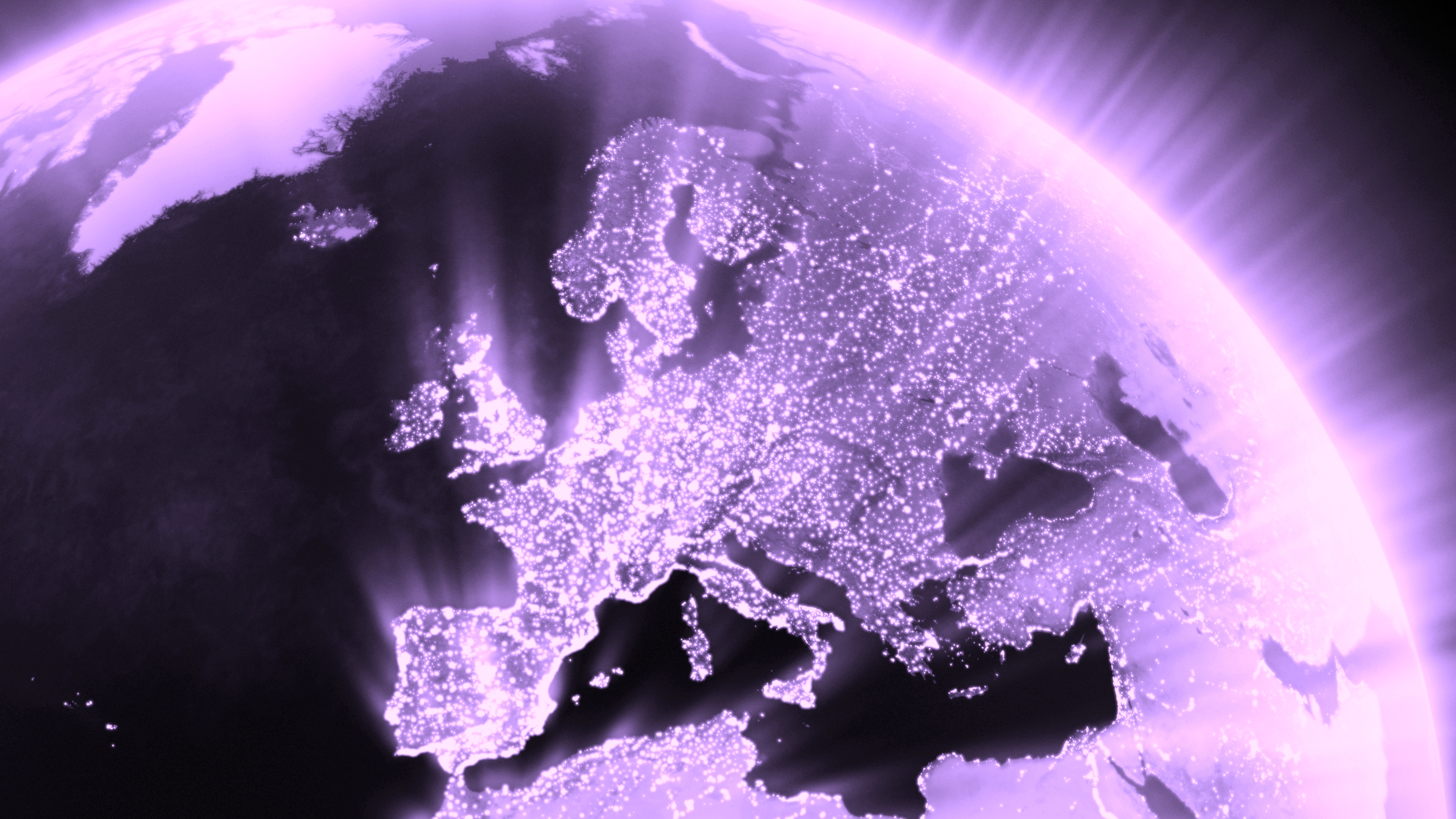Biggest cyber attack in history slows down the internet
The WHOLE internet

Wondering why those YouTube videos have been taking so long to load? Usually we'd say you need a better broadband connection, but today it's more likely due to the internet getting hit by the biggest cyber attack in history.
The reason behind the ordeal, however, isn't quite what you might expect. It's actually the result of a dispute between a non-profit group named Spamhaus and a Dutch web host named Cyberbunker.
Spamhaus, specialising in spam elimination as its name suggests, recently blocked some of Cyberbunker's servers, claiming that it was hosting spam websites.
Then it all kicked off. Now Spamhaus has said that Cyberbunker is behind the Distributed Denial of Service (DDoS) retaliation attacks, and that it has been working with "criminal gangs" to do so.
Cyberpunks
300Gbps was launched at Spamhaus. CloudFlare, which was hired by Spamhaus as an internet bodyguard, was also hit, dropping London as one of its hubs.
"The attackers were able to generate more than 300Gbps of traffic likely with a network of their own that only had access 1/100th of that amount of traffic themselves," wrote CloudFlare in a blog post on its website.
"We've written about how these mis-configured DNS recursors as a bomb waiting to go off that literally threatens the stability of the Internet itself."
Sign up for breaking news, reviews, opinion, top tech deals, and more.
Spamalot
Speaking to the BBC, Steve Linford, chief executive for Spamhaus, said: "We've been under this cyber-attack for well over a week. But we're up – they haven't been able to knock us down."
Spamhaus might be up, but the wider internet has been feeling the effects of the dispute. Traffic slowdowns and interrupted services have been felt around the world.
Linford also added: "If you aimed this at Downing Street they would be down instantly. They would be completely off the internet."
While David Cameron going offline might not have disastrous effects, the global economy could be affected if internet flow was reduced more dramatically.
We've contacted several services, including Netflix, to see how the attacks have impacted them, and will update when we hear more. For now, let us know how you're faring in the comments below.

Hugh Langley is the ex-News Editor of TechRadar. He had written for many magazines and websites including Business Insider, The Telegraph, IGN, Gizmodo, Entrepreneur Magazine, WIRED (UK), TrustedReviews, Business Insider Australia, Business Insider India, Business Insider Singapore, Wareable, The Ambient and more.
Hugh is now a correspondent at Business Insider covering Google and Alphabet, and has the unfortunate distinction of accidentally linking the TechRadar homepage to a rival publication.